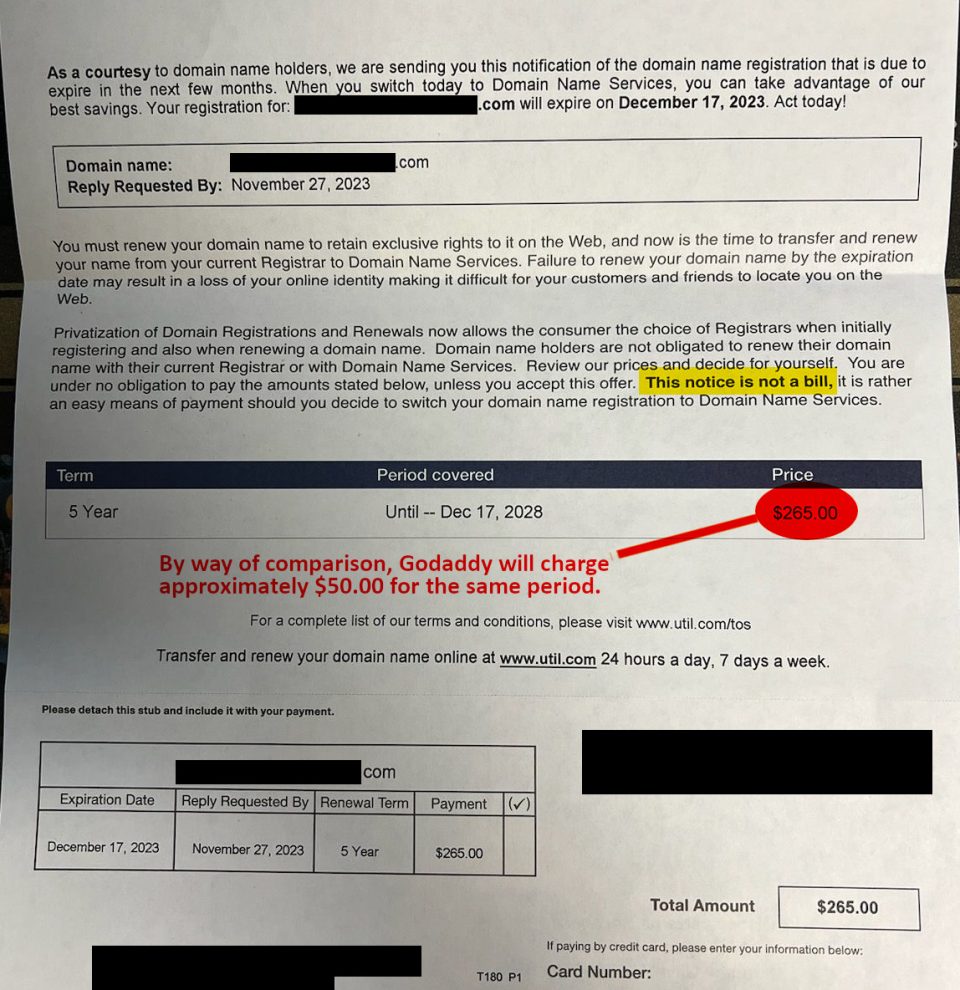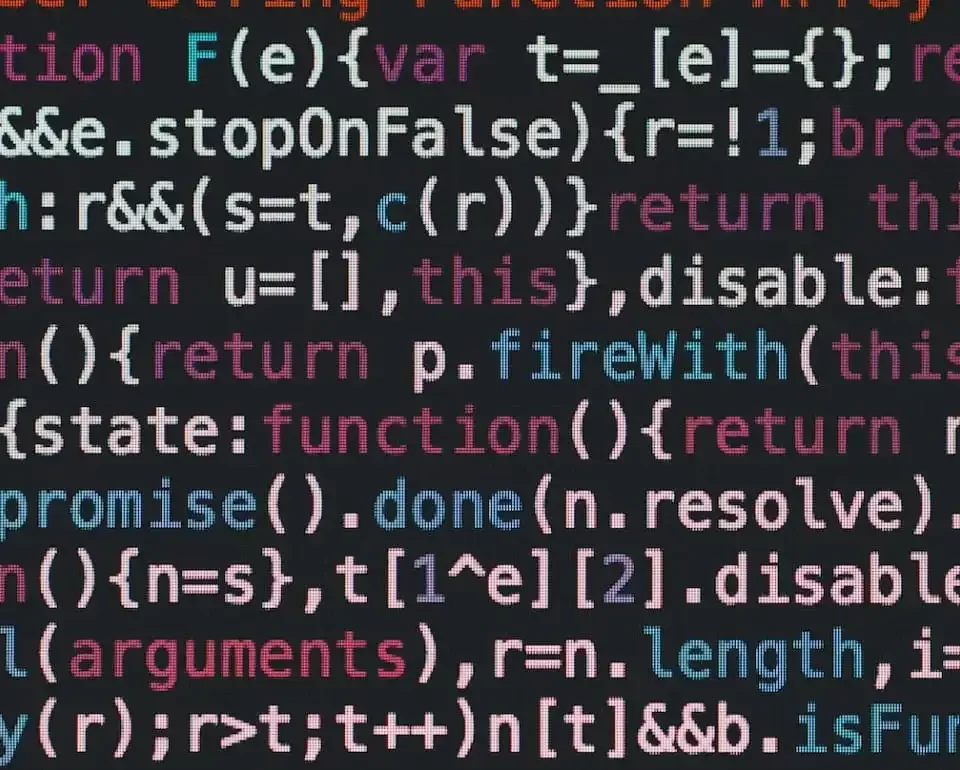That’s my opinion after reading the details of the proposed TJX lawsuit settlement. You can read the details here for yourself – but be warned – do not attempt to operate heavy machinery while reading this document because all the lawyer jargon will surely put you to sleep.
Here are a few of my issues with their proposed settlement:
- TJX has agreed to compensate consumers for any time they lost “as a result of the intrusion,” but those calculations will assume a rate of $10 per hour. I don’t know how they came up with that figure, but victims that make more than $10 per hour and had to take time off of work to handle one of the many steps involved when one is a victim of identity theft are not really being compensated fairly. Lame.
- The compensation also seems to be limited to $60 and will be in the form of $30 vouchers for making purchases at TJX only. Further, if a lot of consumers agree and “the total of such claims exceeds $7 million, the dollar amount of each voucher will be proportionately reduced.” I do not shop at TJ Maxx. What good is a $30 voucher from a store at which I do not shop?Furthermore, what if my total time amounted to 7 hours? Seven hours x $10 an hour is $70 and yet the compensation is limited to $60. Super-lame.
In addition, even if I did shop at TJ Maxx and decided to use the measly $30 voucher, in all likelyhood I would probably spend more than $30 during my shopping trip. So, TJ Maxx is the real winner there.
Lastly, what is the real value of a $30 TJ Maxx voucher? You can bet it is not $30. The store is probably out of pocket about $5 for each of those vouchers.
Evan Schuman had a great take on the settlement:
Let me see if I understand this correctly: Due to apparently recklessly weak security procedures, consumers that you invited into your stores had their credit card information and identities taken, all because they chose to buy your merchandise. How to make amends? Invite them back to bring their new credit cards and buy more stuff.
He even had a great idea for some radio commercials that TJ Maxx may want to consider:
“Come to the ‘We Ripped You Off and Got Away With It Special Celebration,’ with 25 percent off all jeans and 30 percent off if you use a credit card. Make sure to bring two forms of ID, though. Just kidding. You no longer have an identity.”
Cracked me up…
Anyway, I think this is a weak attempt by TJ Maxx to make this all go away. There are too many unanswered questions about this entire event. And U.S. District Court Judge William Young thinks so too because he told attorneys in a hearing in Boston Sept. 27 that he “had a lot of questions and concerns” about the settlement. Why is there not an option in the settlement that allows a victim to opt for cash instead of a voucher?
Until “big business” is held more responsible when they mismanage consumer’s sensitive data, these types of things will continue to happen and we will probably continue to place implicit trust in these retailers as we blindly hand over our personal information when we make purchases in their stores.




